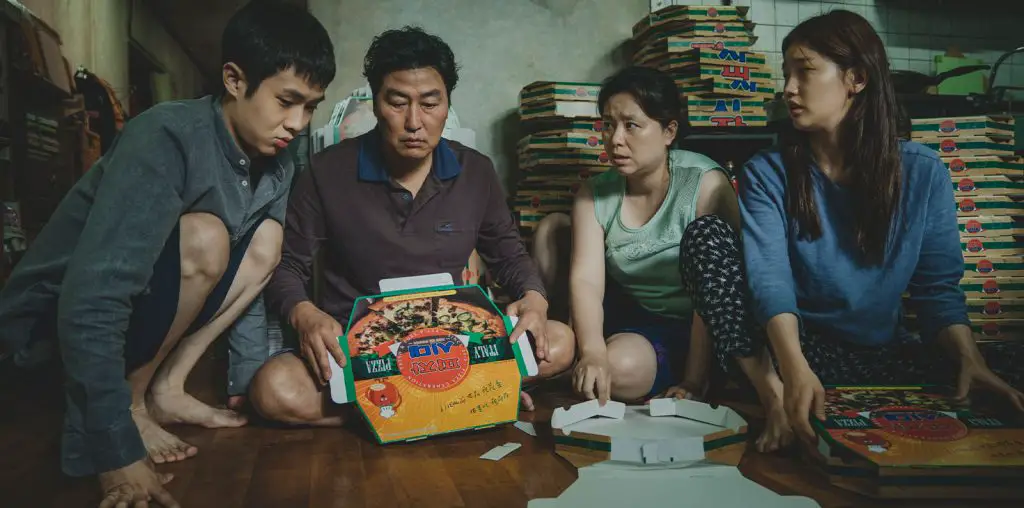
The Frankfurt Trials of 1963-65 are not as well-known as other post-war judicial inquiries into the Nazi war crimes. Yet over the course of 20 months, 360 survivors of the Auschwitz and Birkenau concentration camps testified against 22 former SS officers who were responsible for coordinating the operations that resulted in murder of millions.
The monumental three-hour documentary “Verdict on Auschwitz” is actually a short version of a three-part series that first aired on German television in 1993. Why it took so long for this film to be shown outside of Germany is not clear, yet its belated arrival provides a chilling reminder of how seemingly civilized societies can lapse into madness. “Verdict on Auschwitz” is a powerful condemnation of evil – not just the act of cruelty itself, but the refusal of many people to acknowledge the cruelty after the damage was done.
The Frankfurt Trials came at an awkward time for Germany (actually, West Germany – the country was divided in the Cold War). Eighteen years passed since the end of the war and the West Germans were more than eager for closure. However, considerable voids in justice remained. While the Nuremberg Trials prosecuted the architects of the Holocaust, many of the SS officers who managed the mass exterminations were still at liberty. The capture in Argentina of Adolf Eichmann by Israeli agents brought a jolting reminder of war criminals who were still at large (most notably Josef Mengele, whose escape is described in the film as primarily being the result of American incompetence).
The Frankfurt Trials were not preserved on film, but audio tapes of the witnesses were recorded. The film makes liberal use of these recording (montages of Auschwitz as it stands today provide the visual accompaniment to the testimonies). The testimony is painful to hear, not only for the description of sadistic cruelty leveled against the concentration camp prisoner but also for the fact the witnesses had to return to Germany to face their accusers (the majority of those called were Jews who left Europe after the liberation of the camps and were able to begin new lives in America, Israel, Australia and even Mexico).
“Verdict on Auschwitz” also poses a disturbing question: when is it time for a country to officially close the book on its crimes against humanity? The answer, of course, is never. This is not to assign the guilt of one generation to those that follow it.
The Germans at least acknowledged what took place. However, some societies prefer to pretend these crimes never took place (Turkey in regard to the Armenian genocide, Japan in regard to its occupation of China in the 1930s and early 1940s). Other societies only acknowledge their actions too many years after the tragedies occurred (the United States in regard to slavery and the genocide against the American Indian nations, Australia and its campaigns against the Aboriginal peoples). If the German nation was uncomfortable with the Frankfurt Trials and the reminder of what transpired in the Holocaust, it is hardly a flaw in the German character. After all, all societies prefer gazing at pretty pictures rather than looking deep into mirrors.
